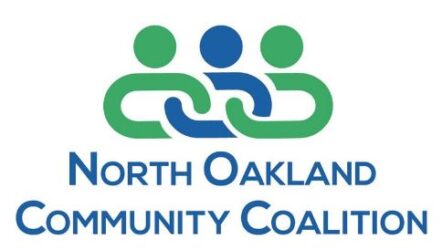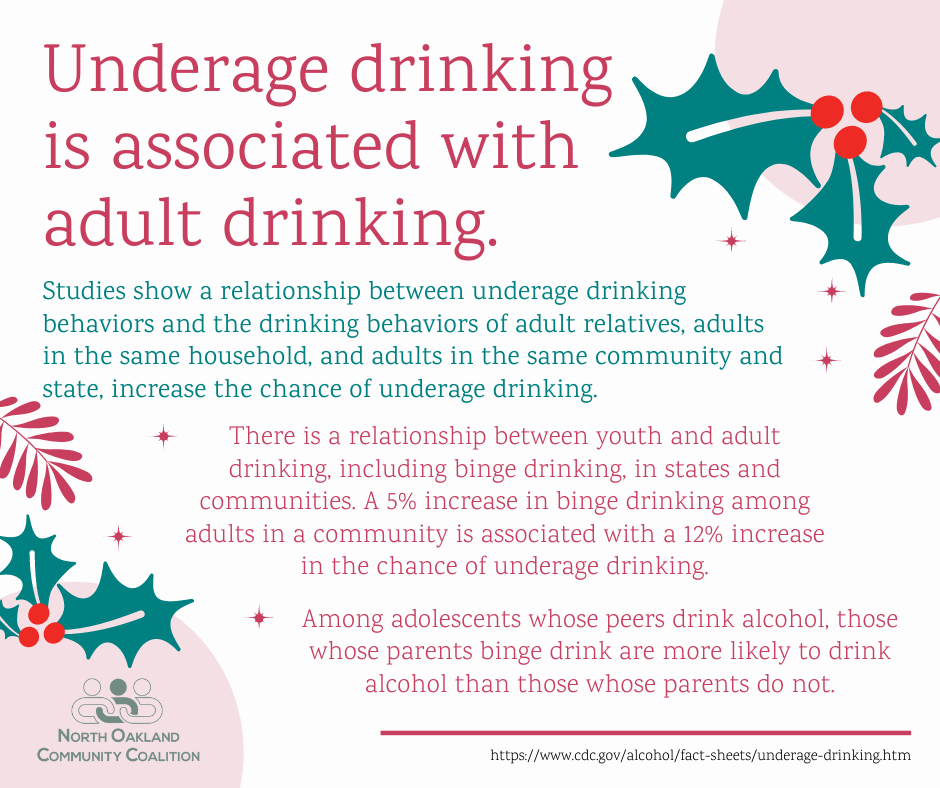
COVID-19 vaccinations begin in Michigan
COVID-19 vaccinations begin today in Michigan skilled nursing home facilities; Staff and residents begin receiving safe and effective vaccine
FOR IMMEDIATE RELEASE: Dec. 28, 2020
CONTACT: Bob Wheaton, 517-241-2112
LANSING, MICH. – Skilled nursing home residents and staff began receiving the safe and effective COVID-19 vaccine made by Moderna today through the Pharmacy Partnership for Long-term Care Program.
The pharmacy partnership is a national initiative to provide COVID-19 vaccine to the Phase 1A priority groups of long-term care facility residents and staff. The Michigan Department of Health and Human Services (MDHHS) is partnering with CVS and Walgreens through the program to manage and facilitate safe vaccination of this patient population, while reducing burden on long-term care facilities and local health departments.
“This is a great day for older Michiganders, their families and the dedicated men and women who care for them. We know this virus is a killer that preys on our most vulnerable populations, which is why my administration has prioritized testing in our nursing homes from the beginning. Now, we have developed a plan that will help us distribute a safe and effective vaccine to our nursing home residents and staff,” said Gov. Gretchen Whitmer. “Remember: it will take some time for the vaccine to be widely distributed to everyone. That’s why it’s so important that we all do our part by continuing to properly mask up, practice safe social distancing and avoid indoor gatherings where the virus can easily spread from person to person. We will get through this together.”
“We know the residents of these facilities are at high-risk for severe illness and death from the virus, and early vaccination of both residents and those caring for them is critical to help protect this population,” said Dr. Joneigh Khaldun, MDHHS chief medical executive and chief deputy for health. “We are pleased that more than 5,000 long-term care facilities – including more than 400 skilled nursing facilities – have been enrolled in the program in Michigan to receive the safe and effective COVID-19 vaccine.”
There are about 91,000 people including residents and staff at nursing facilities, and it is expected to take about three weeks to complete vaccinations. Additional eligible facilities will soon begin receiving vaccinations including assisted living, personal care homes, residential care, adult family home, adult foster home, HUD supportive housing for the elderly and veterans’ homes. The list of sites enrolled in the program is available at Michigan.gov/COVIDvaccine.
To ensure the safety of residents and staff, vaccinators are required to adhere to all applicable Centers for Medicare & Medicaid Services COVID-19 testing requirements for long-term care facility staff. In addition, the pharmacists themselves will be vaccinated with the COVID-19 vaccine as part of this program.
“Nursing facility providers are eager to begin the process of vaccinating residents and staff,” said Health Care Association of Michigan President/CEO Melissa Samuel. “The coronavirus has been most unmerciful to the residents we care for. We are very hopeful this vaccine will not only be a lifesaver for residents and staff, but also expedite the reopening of our facilities to family members and loved ones.
“We want all our residents and staff vaccinated,” Samuel said. “Until we reach those levels, we will all need to remain vigilant in our efforts to mitigate further spread of the virus. I want to thank everyone that has made this day possible.”
MDHHS is following the Centers for Disease Control and Prevention recommendations for prioritization of distribution and administration of COVID-19 vaccines. CDC recommendations are based on input from the Advisory Committee on Immunization Practices, the federal advisory committee made up of medical and public health experts who develop recommendations on the use of vaccines in the United States. Phase 1A includes paid and unpaid persons serving in healthcare settings who have the potential for direct or indirect exposure to patients or infectious materials and are unable to work from home as well as residents in long term care facilities. Additional information on the state’s vaccination phases is available in the prioritization guidance.
Vaccine prioritizations may change as more information on vaccine effectiveness and additional vaccination products become available. MDHHS has provided additional prioritization guidance within these categories. It is important to note that vaccination in one phase may not be complete before vaccination in another phase begins. There may be vaccination of individuals in different phases that occur simultaneously. The timing of the start of vaccination in a phase is dependent on the supply of vaccine from the manufacturer, how vaccine is allocated from the federal level to Michigan and the capacity to administer the vaccine to populations. Decisions on moving to the next phase will be made at the state level.
Even with COVID-19 vaccinations starting in Michigan and worldwide, Khaldun urges everyone to continue to practice preventative measures such as properly wearing masks, social distancing and frequent handwashing to reduce the spread of the virus until the vast majority of people have been vaccinated.
Michigan health officials have set a goal of vaccinating 70% of Michiganders over age 16, about 5.6 million people, by the end of 2021. There will be no out-of-pocket costs to individuals for the vaccine, however, healthcare providers may bill insurance for administrative costs. The COVID-19 vaccine will require two doses, separated by three or four weeks depending on the manufacturer. Michiganders should receive both doses in order to have full protection from the virus. Individuals who receive the vaccine may experience mild side effects such as low-grade fever, sore arm and general discomfort, which indicate that the vaccine is working. There is a robust state and national process for tracking vaccines and reporting side effects.
“Walgreens is very proud to be a part of this historic milestone to begin administering Pfizer’s COVID-19 vaccine to our most vulnerable populations in Michigan and across the country,” said John Standley, president, Walgreens. “With more than a decade of experience administering various vaccines, we have the deep expertise to support this unprecedented effort to allow our nation to emerge from this pandemic.”
Added Larry J. Merlo, president and chief executive officer of CVS Health: “Today’s rollout is the culmination of months of internal planning and demonstrates how the private sector can use its expertise to help solve some of our most critical challenges. I’m grateful for the herculean efforts of everyone involved, including our health care professionals who will be deployed throughout the country to bring peace of mind to long-term care facility residents, staff, and their loved ones.”
Michigan residents seeking more information about the COVID-19 vaccine can visit Michigan.gov/COVIDvaccine.
Information around the COVID-19 outbreak is changing rapidly. The latest information is available at Michigan.gov/Coronavirus and CDC.gov/Coronavirus.









